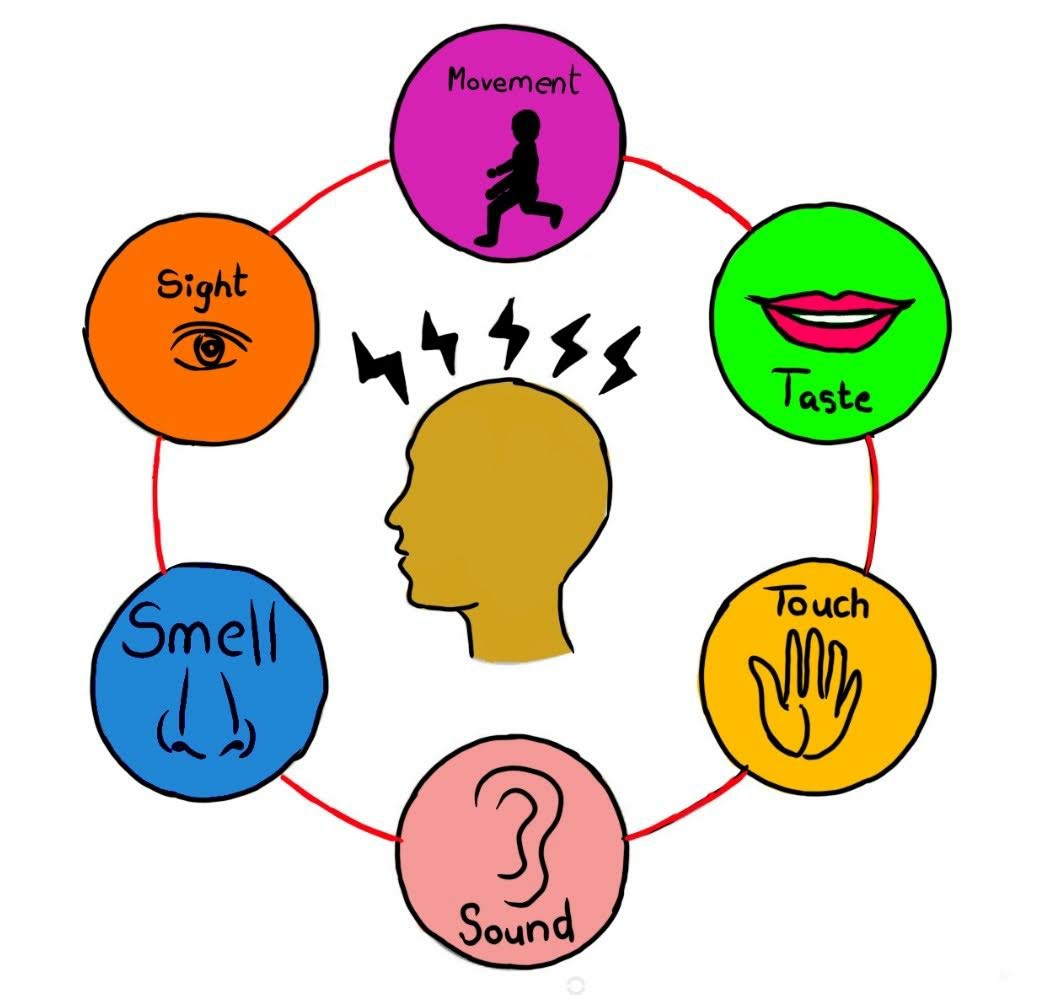Losing Weight the Right Way
When we look at the world with different cuisines and varying food habits, we can't easily conclude anything as to what is a good diet and what is a good weight-loss plan. There is so much research already done and is being done on many aspects ranging from health to fitness to food to cuisine and the timing of consuming food.
We also may fall prey to the business tactics employed by various groups who "sell" their technique as the best.
In this post, we do an honest attempt to educate our readers about what we researched on these topics and what we found as something that is practical, easy, and which finally 'works'.
There is not a specific diet plan for this. This is very simple.
We collected information on intermittent fasting and what times are good for what kind of diets. Then we combined various theories and put them into a single action plan. Let us go into the details.
First, on Food:
It is said that hard foods like meats take 16 hours to 2-3 days to go out of the human body. Even if you eat vegetarian food (world increasingly becoming vegetarian), hard foods like beans, peas, chickpeas, cereals, whole grains, etc stay 16 hours in the digestive system. Most of the vegetables stay in the system for about 6 hours, while fruits stay in the system for 3 hours.
The digestive system here means stomach, small intestine, and colon (large intestine), not only stomach.
So the plan according to Ayurveda is to eat heavy foods in the morning either during breakfast or during lunch. In the evening eat as light as possible.
If suitable for you, only eat fruits in one meal. This is also because fruits as a food type are to be eaten separately without combining with any other food if you want to derive the best benefits out of them. Otherwise, they just serve the purpose of dessert when combined with other things.
And Ayurveda and Yogic practice also say that you should eat breakfast after sunrise in the morning, and finish your dinner before sunset.
Second, on Intermittent fasting and timing:
Any type of fasting is good if done in moderation. There are many ways of fasting. Some people prefer to do alternate day fasting which means they eat like normal on a day, followed by no eating on the second day, they only consume some fresh fruit or vegetable juices.
Excess fasting is bad for health. And fasting is not meant for children even though children may benefit from it if they do perhaps once in a fortnight or once in a month.
We find a more practical application with the 16:8 intermittent fasting.
With this type of intermittent fasting, you are not troubling your body much because you are only fasting for 16 hours a day, and you eat whatever you eat in the 8-hour window. That means if your first meal is at 8 am, then you have time till 4 pm in the afternoon for the last meal.
This has to be counted from a heavy meal to the next heavy meal. Taking liquids like fresh juice, or lemon water are not considered heavy foods.
Now, the way forward:
By combining foods and intermittent fasting, what you can do is to eat breakfast late by taking vegetable juices in the morning to 'break' the fast. This doesn't count as heavy food. Then by eating late breakfast at 11:00 am, you can make your time or eating window available till 7 pm for the last meal.
If possible, you can only eat fruit diet on the majority of days in the evenings. This way, you eat the right food at the right time, and you do intermittent fasting combining advantages of both.
We hope that this helps in your weight loss program without putting yourself in any difficulty.
If this helped you, please share your feedback in the comments below.





Comments